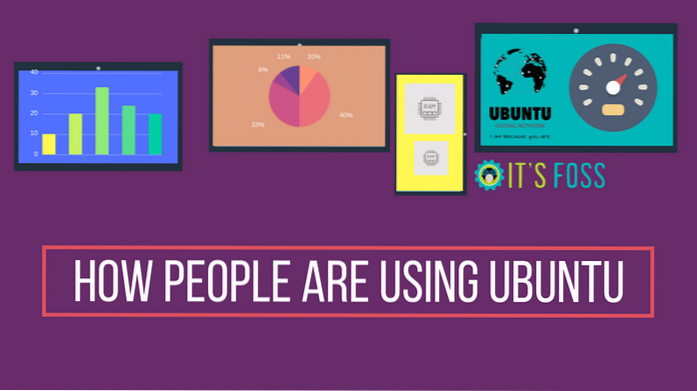To use pointers in C, we must understand below two operators. To access address of a variable to a pointer, we use the unary operator & (ampersand) that returns the address of that variable. For example &x gives us address of variable x.
- How do pointers work in C?
- What is a pointer in C with example?
- When should I use pointers in C?
- How do you know when to use pointers?
- WHAT IS NULL pointer in C?
- How do you declare a pointer?
- What are the types of pointers in C?
- What is a pointer C?
- What is * and & In pointer concept?
- What are the advantages and disadvantages of pointers in C?
- How do you declare and initialize a pointer?
- Why pointers are not used in Java?
How do pointers work in C?
The Pointer in C, is a variable that stores address of another variable. A pointer can also be used to refer to another pointer function. A pointer can be incremented/decremented, i.e., to point to the next/ previous memory location. The purpose of pointer is to save memory space and achieve faster execution time.
What is a pointer in C with example?
A pointer is a variable that stores the address of another variable. Unlike other variables that hold values of a certain type, pointer holds the address of a variable. For example, an integer variable holds (or you can say stores) an integer value, however an integer pointer holds the address of a integer variable.
When should I use pointers in C?
You can pass simple data types (char, float, or int) but if you want to get a value back from a function more than just a return value, you need a pointer. (In fact you may need a pointer to a pointer)Pretty much any time you share, access or modify data other than local variables in C, you are going to use pointers.
How do you know when to use pointers?
- Pointers allow you to refer to the same space in memory from multiple locations. ...
- You should use pointers any place where you need to obtain and pass around the address to a specific spot in memory. ...
- An array is a block of contiguous memory that has been allocated with a specific type.
WHAT IS NULL pointer in C?
A null pointer is a pointer which points nothing. Some uses of the null pointer are: a) To initialize a pointer variable when that pointer variable isn't assigned any valid memory address yet. b) To pass a null pointer to a function argument when we don't want to pass any valid memory address.
How do you declare a pointer?
Pointers must be declared before they can be used, just like a normal variable. The syntax of declaring a pointer is to place a * in front of the name. A pointer is associated with a type (such as int and double ) too.
What are the types of pointers in C?
Types of Pointers
- Null pointer.
- Void pointer.
- Wild pointer.
- Dangling pointer.
- Complex pointer.
- Near pointer.
- Far pointer.
- Huge pointer.
What is a pointer C?
A pointer is a variable whose value is the address of another variable, i.e., direct address of the memory location. Like any variable or constant, you must declare a pointer before using it to store any variable address.
What is * and & In pointer concept?
Let's take a look at how pointers are used in the C programming Language. We are going to deal with two variables: a ptr. We are also going to meet two key characters: & - where &a would return the address location of variable a * - where *ptr = 8 means follow the memory address stored in ptr and set that location to 8.
What are the advantages and disadvantages of pointers in C?
Advantages and disadvantages of pointers in c
- Pointers provide direct access to memory.
- Pointers provide a way to return more than one value to the functions.
- Reduces the storage space and complexity of the program.
- Reduces the execution time of the program.
- Provides an alternate way to access array elements.
How do you declare and initialize a pointer?
While declaring/initializing the pointer variable, * indicates that the variable is a pointer. The address of any variable is given by preceding the variable name with Ampersand & . The pointer variable stores the address of a variable. The declaration int *a doesn't mean that a is going to contain an integer value.
Why pointers are not used in Java?
So overall Java doesn't have pointers (in the C/C++ sense) because it doesn't need them for general purpose OOP programming. Furthermore, adding pointers to Java would undermine security and robustness and make the language more complex.
 Linuxteaching
Linuxteaching



